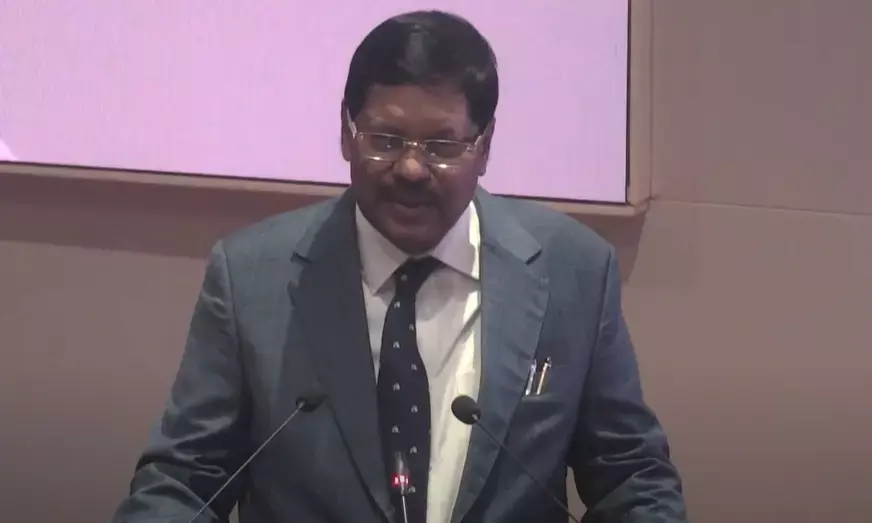CJI Gavai stresses on creamy layer exclusion from SC reservations

CJI Gavai has said he distance travelled and mileage of the vehicle also need to be factored in.
The Chief Justice of India BR Gavai yesterday reiterated his call for exclusion of creamy layer in reservations to Scheduled Castes.
Speaking at a function "India and the Living Indian Constitution at 75 Years", CJI Gavai said children of an IAS officer cannot be equated with the offspring of a poor agricultural labourer when it comes to reservations.
"What is applicable to the Other Backward Classes, should also be made applicable to Scheduled Castes, though my judgment has been widely criticised on that issue," Gavai said referring to his opinion from 2024 in the Davinder Singh verdict.
CJI added that the Indian Constitution is not "static", and Dr BR Ambedkar always considered that it has to be evolving, organic, and a state-of-the-art living document as Article 368 provides for the amendment of the Constitution.
In 2024, then Justice BR Gavai had observed that state must evolve a policy for identifying the creamy layer even from the Scheduled Castes and Scheduled Tribes so as exclude them from the benefit of affirmative action, Justice BR Gavai has said.
"In my view, only this and this alone can achieve the real equality as enshrined under the Constitution", the Supreme Court's judge had said in his separate judgment holding sub-classification of the Scheduled Castes and Scheduled Tribes on account of reservations is constitutionally permissible.
Justice Gavai had further clarified the criteria for exclusion of the creamy layer from the Scheduled Castes and Scheduled Tribes for the purpose of affirmative action could be different from the criteria as applicable to the Other Backward Classes. The top court judge had observed that the people from these categories who after having availed the benefits of reservation and have reached the high echelons in life cannot be considered to be socially, economically and educationally backward so as to continue availing the benefit of affirmative action. They have already reached a stage where on their own accord they should walk out of the special provisions and give way to the deserving and needy, the judge had added.
Noting that disparities and social discrimination, which is highly prevalent in the rural areas, start diminishing when one travels to the urban and metropolitan areas, the judge had said, "I have no hesitation to hold that putting a child studying in St. Paul's High School and St. Stephen's College and a child studying in a small village in the backward and remote area of the country in the same bracket would obliviate the equality principle enshrined in the Constitution."
As a part of the same judgment, Justice Pankaj Mithal of the Supreme Court of India had observed that in primitive India there was no existence of any caste system as people were categorised according to their profession, talent, qualities and nature.
Terming the caste system to be DYSFUNCTIONAL, the supreme court judge has noted that children of Brahmins started calling themselves as Brahmins, irrespective of whether they possessed the corresponding qualities or not and this was similar with the children of other varnas also who adopted the varna of their father ignoring their own nature, talent and qualities.
